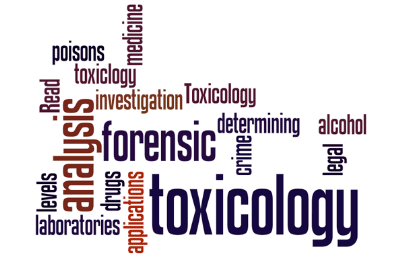
The course aims to introduce basic concepts of forensic toxicology that are relevant to the study of toxic substances in biological samples (blood, urine, oral fluid, hair from hair, parts of internal organs of beginners, etc.). The students will be familiar with the different types of biological specimens, as well as their peculiarities of sampling, transport and storage, together with the main toxic substances that are the subject of research (e.g., medications, drugs, pesticides, etc.). Special attention is paid to the specific methods of sample preparation (deproteinization, enzymatic hydrolysis, derivatization, etc.) and the features of the mainly used analytical methods. Guidelines for the toxicological interpretation of an analytical result are presented.
The laboratory practicum for the course aims to present the basic principles of handling potentially dangerous biological samples and toxic substances, as well as to familiarize students with the basic techniques of sample preparation and analysis. The laboratory practicum consists of practical experimental tasks combined with problem-oriented seminar classes.
- Teacher: Иво Иванов
- Teacher: Силвия Стойкова